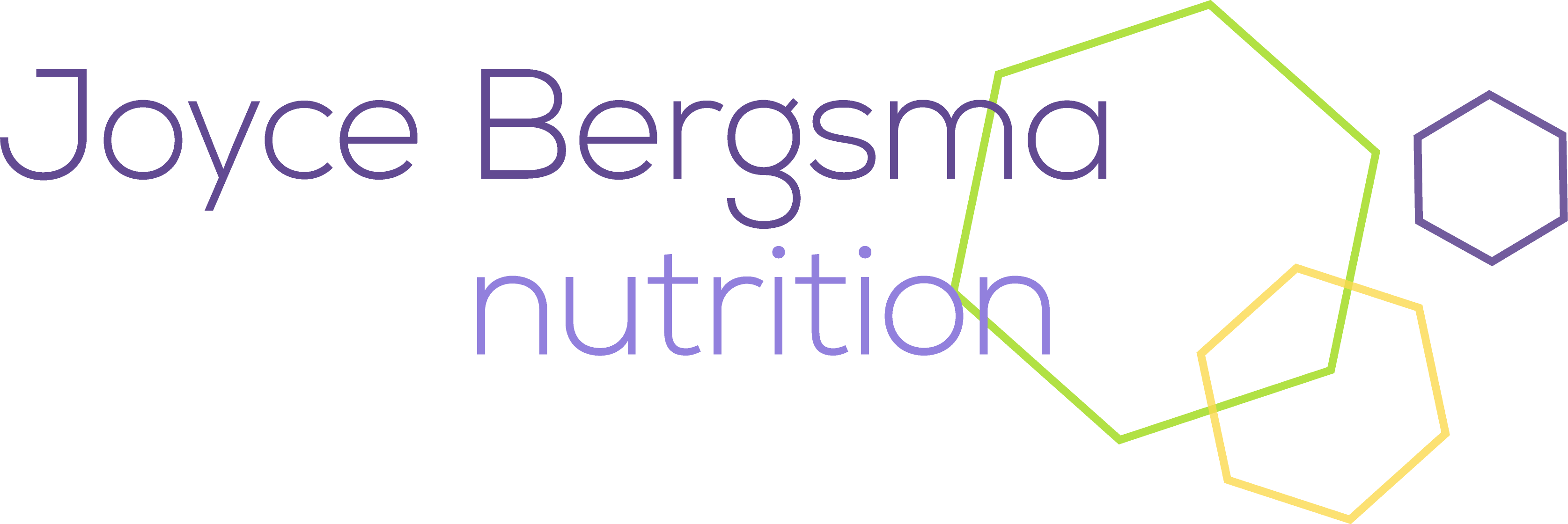
7 ways to rid yourself of the blues (a.k.a…depression)
In the book Extremely Loud and Incredibly Close, the main character, Oskar Schell, describes his depression as ‘wearing heavy boots’. I know I’ve worn heavy boots from time to time, but you may use different words to describe it. No matter how you describe it, I think we can all agree to have worn heavy boots at some time. Sometimes, though, you can’t seem to take the heavy boots off.
Have you:
- lost interest in your life and can’t seem to enjoy anything
- find it difficult to make decisions or concentrate
- feel unhappy most of the time
- feel tired and have difficulty sleeping or just sleep ALL the time
- lost confidence and your self-esteem
- started to avoid being around other people you used to enjoy
- feel numb, empty or in despair
The way you feel may have happened gradually, or may have occurred after a particularly difficult period in your life. Whatever the reason, if you can’t seem to take off those heavy boots, maybe it’s time to ask someone to help you pull them off.
How nutrition helps take those heavy boots off
1. Essential fats (omega 3: EPA and DHA)
Omega 3 fats are called essential fats as you can’t manufacture them in your body. It is essential that you have them in your diet. The best dietary source is from oily fish such as salmon, sardines, mackerel, herring, trout and fresh, but not tinned tuna. There are two key types of omega-3 fats, EPA and DHA and evidence suggests that EPA seems to be the most potent natural antidepressant.
Take action!
• Increase your intake of essential omega 3 fats and/or have your levels tested with a blood test.
• Eat oily fish three times a week (tuna only once every three weeks), seeds or their oils regularly
• Supplement omega 3 fish/krill oils (around 1000mg EPA/day).
2. B vitamins and their effect on homocysteine levels
Homocysteine levels are an indicator of B vitamin needs (B3, B6 and B12). People with high homocysteine or low folic acid levels are more likely to be depressed and have a positive result from taking anti-depressants. A study comparing the effects of giving an SSRI with folic acid or an SSRI with a placebo showed that the placebo lowered depression by 61%, but with the folic acid depression symptoms lowered by 93%. How does folic acid alone, a cheap vitamin with no side-effects, compare to anti-depressants?
Take action!
• Check your homocysteine levels with a home test kit or with your doctor (especially if you also have cardiovascular problems) and increase your intake of B vitamins if your level is above 9mmol/L
• Eat a variety of foods daily (ie meat, fish, whole grains, beans, lentils, nuts, seeds, fruits and green vegetables)
• Supplement with a B complex and quality multivitamin daily
3. Protein and neurotransmitters
Your body makes serotonin from an amino acid called tryptophan. Tryptophan is first converted into another amino acid called 5-Hydroxy Tryptophan (5-HTP), which is then converted into the neurotransmitter serotonin. Tryptophan can be found in the diet in protein rich foods such as meat, fish, beans and eggs. 5-HTP is protein foods, but at very low levels. Eating a low tryptophan diet is likely to affect your mood.
Take action!
• Consider supplementing the amino acid 5-HTP or tryptophan
• Get a platelet serotonin test done and eat more tryptophan foods
• Supplement with 5-HTP or tryptophan (with your doctor’s permission)
Most of the effective studies used 300mg of 5-HTP, however if your platelet serotonin test results show that you are low in serotonin you should only start with 100mg, or 50mg twice a day. If 5-HTP is not available, you could supplement the amino acid tryptophan in amounts of 500mg – 2g per day – again, we would suggest starting at the lower end. Tryptophan is best absorbed either on an empty stomach or, ideally, with a carbohydrate snack such as a piece of fruit or an oatcake. 5-HTP is well-absorbed with or without food. Do not take 5-HTP or tryptophan if you are currently taking an anti-depressant without your doctor’s permission.
4. The balancing act of blood sugar
Your blood sugar levels and your mood are directly related. Carbohydrate foods (starchy foods, fruit & veg) are broken down into glucose, fuel for your brain. Poor blood sugar balance is often the main factor in mood disorders and can be easily improved with diet. Poor diet = poor blood sugar balance = poor mood
Take action!
• Avoid or reduce caffeine, sugar, refined carbohydrates and alcohol
• Eat Low GL diet
• Stick to wholegrains, protein combined with any carbs, eating regularly
5. Chromium and depression
Chromium is a mineral is crucial for balancing your blood sugar. Insulin, which sends messages to remove glucose from the blood and store it in the tissues, needs chromium in order to function properly. Levels of this nutrient decrease with age. In fact it turns out that supplying good levels of chromium to people with atypical depression can make a big difference.
Take action!
• Consider supplementing chromium (up to 600mcg per day for atypical depression initially, decreasing after one month; not in the evening as it is stimulating)
• Eat chromium foods such as broccoli, grapes, honey, wholegrains while following a low GL diet
6. Vitamin D
Most of the vitamin D in your body is made in your skin, activated by the sun. This is why we often refer to it as the ‘sunshine vitamin’. Vitamin D deficiency is increasingly being recognised as a common problem around the globe as we spend more time indoors, or covering up to prevent sunburn. In the northern hemisphere in the winter we often don’t get UV rays coming into contact with our skin as the sun is further away and we cover up as it’s cold. If you suffer from seasonal affective disorder (SAD) or depression, then you may be low in vitamin D. Vitamin D has been found to be low in people that are depressed, indicating a relationship, but it may be that low vitamin D status is a result of depression. There is a theory that vitamin D helps increase serotonin in the brain, meaning supplementation may help where serotonin levels are also low.
Take action!
• Ask your doctor or nutritional therapist for a vitamin D test
• Consider supplementing 3-5000 iu for 12 weeks, if your level is below 75 nmol/litre and then retest
• Go outside for some sun, without sunscreen, but don’t risk your skin health by getting sunburned
Please note: supplementation should be avoided by those with granulomatous diseases, sarcoidosis, tuberculosis and lymphomas
7. Food intolerances
Some foods are associated with mood problems. In a huge population study, Coeliac Disease (a severe intolerance to gluten; the protein found in wheat, rye and barley) was associated with an 80% increased risk for depression. It is thought that Coeliac Disease is vastly underdiagnosed, but your doctor or nutritional therapist can test for it. You should get tested if you have fluctuating digestive symptoms, including diarrhoea, constipation or bloating, and especially if you have unexplained anaemia. In fact, you can have mood symptoms relating to gluten intolerance, even without Coeliac Disease.
You may suspect foods other than the high allergenic foods (gluten, milk and milk products, soya, yeast and eggs) and may want to try an exclusion diet or get tested.
Take action!
• Investigate food intolerances using an IgG ELISA test
• Do an exclusion diet and reintroduce suspected foods one by one
Getting help
If you would like further help, you can visit our clinic which specialises in optimum nutrition for mental health recovery. We work with clients to create personalised nutritional programmes based upon their health history, symptoms and test results. If you would like to learn more about how we can help you, please contact us.
Alternatively a register of nutritional therapists in your local area can be found by visiting the British Association for Applied Nutrition and Nutritional Therapy (BANT) or the Maatschappij ter Bevordering van de Orthomoleculaire Geneeskunde (MBOG).
*note that any supplementation should be done under the guidance of a therapist



Comments
[…] in helping reduce depression when used with St John’s Wort and an anti-depressant called […]
[…] production starts with amino acids as the main building block. GABA, serotonin, acetylcholine and dopamine to name a few. These send signals to the brain that allow us to feel […]